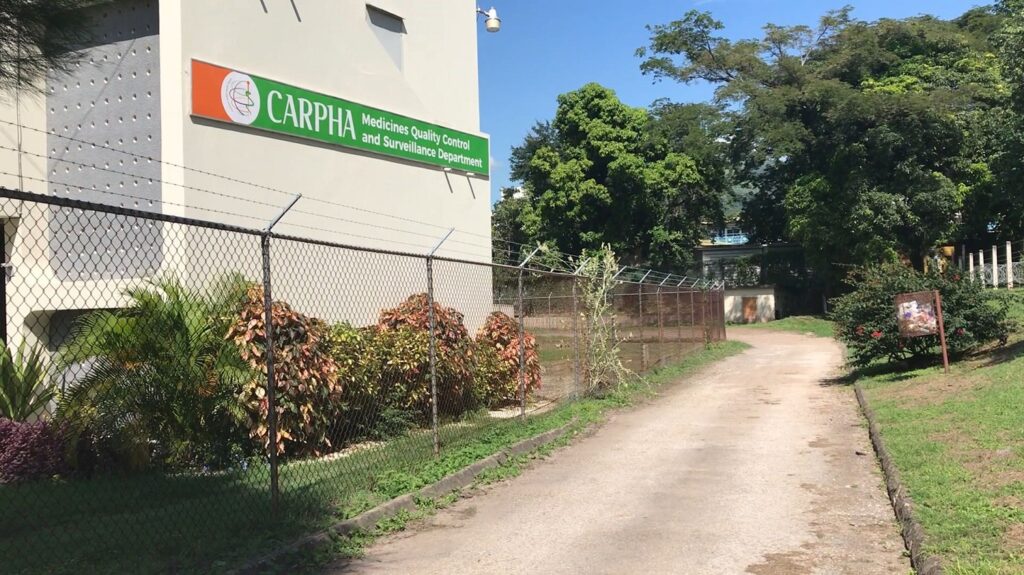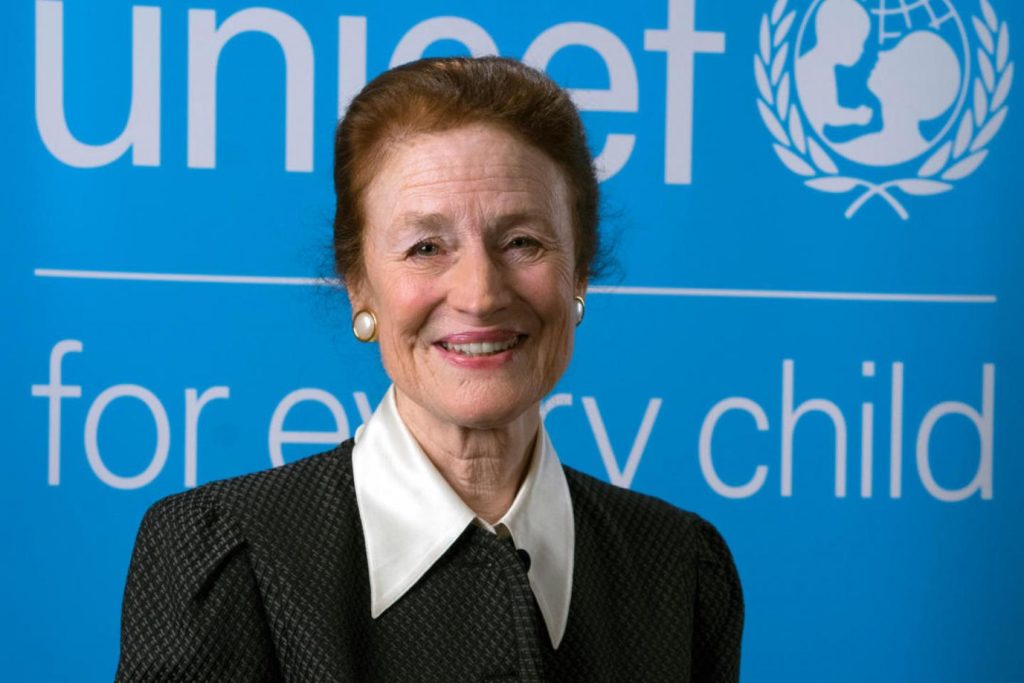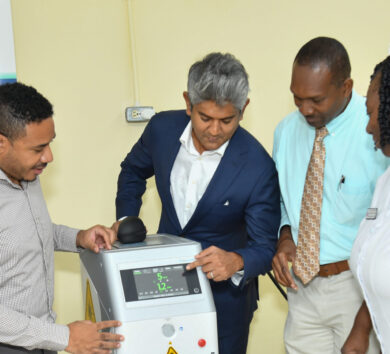

Significant disruptions in breast feeding support services in many countries across the globe, as a result of the COVID-19 pandemic, are threating to derail the progress made in breastfeeding rates over the past four decades.
With this concern in mind, UNICEF Executive Director Henrietta Fore and World Health Organization Director-General Dr Tedros Adhanom Ghebreyesus have come together to warn nations across the world that now is not the time to lower their ambitions for maximising nutrition among babies and young children in their homelands.
“At the start of this year, governments, donors, civil society and the private sector united to launch the ‘Nutrition for Growth Year of Action’,” Fore and Tedros noted in a joint statement recognising World Breastfeeding Week, which is being celebrated from August 1 – August 7.

They said the ‘Year of Action’ is a historic opportunity to transform the way the world tackles the global commitment to eliminate child malnutrition and that breastfeeding is central to realising this commitment.
“Initiation of breastfeeding within the first hour of birth, followed by exclusive breastfeeding for six months and continued breastfeeding for up to two years or beyond offer a powerful line of defence against all forms of child malnutrition, including wasting and obesity,” they said.
“Breastfeeding also acts as babies’ first vaccine, protecting them against many common childhood illnesses.
“While there has been progress in breastfeeding rates in the last four decades – with a 50 per cent increase in the prevalence of exclusive breastfeeding globally – the COVID-19 pandemic highlights the fragility of those gains.”

Data provided by the Caribbean Public Health Agency (CARPHA) last year revealed that, in the Caribbean, breastfeeding initiation within the first hour of birth had been fairly high but that continued exclusive breastfeeding for six months was low at approximately 39 per cent.
According to CARPHA, the benefits of breastfeeding are tremendous for both mother and baby as breast milk, specially designed to meet the health needs of a growing baby, provides protection against infections and illness, including ear infections, diarrhoea, and pneumonia.
“This nutrient-rich product is the first line of a baby’s defence against infections,” CARPHA had said, in line with the stance put forward by Fore and Tedros and acknowledged worldwide.
“Packed with many properties, breast milk is ultimately the best source of nutrition for a new baby. Antibodies protect against allergy and infection, and Vitamin A prevents eye disease. As the baby’s first immunity, it also helps prevent jaundice and contains fats that are necessary for brain development.”
Added CARPHA: “Breastfeeding can also help to prevent childhood obesity and maternal obesity, which are important risk factors for Type 2 diabetes. If we are to reduce the prevalence of childhood obesity and other non-communicable diseases (NCDs) later in life, mothers should try to feed their babies exclusively on breast milk for the first six months of life. Ending breastfeeding too early and introducing other foods into baby’s diet at the wrong time, remains one of the greatest threats to a child’s health.”

In their statement, Fore and Tedros noted that, in addition to the disruptions caused to breastfeeding support services by the pandemic (while increasing the risk of food insecurity and malnutrition), several countries have reported that producers of baby foods have compounded these risks by “invoking unfounded fears that breastfeeding can transmit COVID-19 and marketing their products as a safer alternative to breastfeeding”.
According to Fore and Tedros, this year’s World Breastfeeding Week, under its theme ‘Protect Breastfeeding: A Shared Responsibility’, is a time to revisit the commitments made at the start of this year by prioritising breastfeeding-friendly environments for mothers and babies.
These commitments include:
- Ensuring the International Code of Marketing of Breastmilk Substitutes – established to protect mothers from aggressive marketing practices by the baby food industry – is fully implemented by governments, health workers and industry.
- Ensuring health care workers have the resources and information they need to effectively support mothers to breastfeed, including through global efforts such as the Baby-friendly Hospital Initiative, and guidelines on breastfeeding counselling.
- Ensuring employers allow women the time and space they need to breastfeed; including paid parental leave with longer maternity leave; safe places for breastfeeding in the workplace; access to affordable and good-quality childcare; and universal child benefits and adequate wages.
“As we approach the UN Food Systems Summit in September and the Tokyo Nutrition for Growth Summit in December, governments, donors, civil society and the private sector all have an opportunity to make smart investments and commitments to tackle the global malnutrition crisis – including protecting, promoting and supporting breastfeeding – through stronger policies, programmes and actions,” they said.
“Now is not the time to lower our ambitions. Now is the time to aim high. We are committed to making the Nutrition for Growth Year of Action a success by ensuring that every child’s right to nutritious, safe and affordable food and adequate nutrition is realised from the beginning of life, starting with breastfeeding.”







Comments